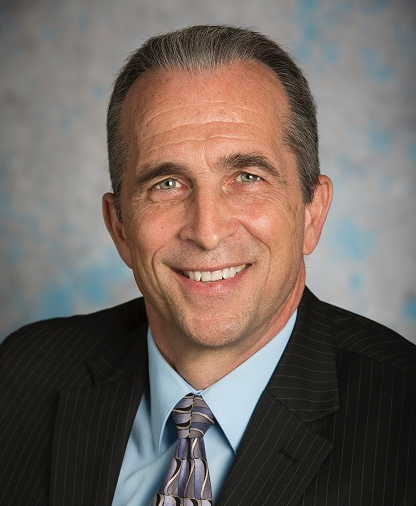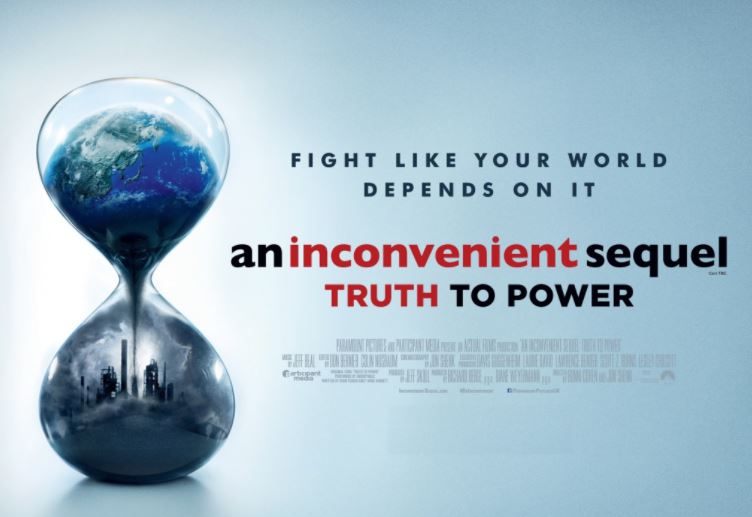Real Effects of Social Media
November 17, 2022
Do you ever find yourself endlessly scrolling on social media comparing yourself to unreal beauty standards? Playing video games for hours? I know I do. But how does this affect the way we look at ourselves? What health issues are created? Social media is slowly taking over our lives by impacting our thoughts, reactions, and intelligence. Is it only going to get worse?
I asked my fellow classmates what they thought of social media and how they think it impacted them. A high school student from Belfast Central School who would like to remain anonymous said of social media, “I like it but its kinda toxic, very addicting and makes me on my phone a lot.” Another high school student also like to remain anonymous said, “ I think social media is well used but also abused, addictive and makes me feel tired and lessens my mood.”
I also read an article on the New York Post called “How social media is literally making teens mentally ill” by Dr. Nicholas Kardaras. He describes Suzie, a 22 year old recent grad student from the Midwest. She was admitted into a mental health clinic in Austin for depression, self harm(cutting her arms), and Borderline Personality Disorder. But something was off about her diagnosis. She had no history of mental illness in her family and no early signs. Eventually, the real reason for Suzie’s (BPD) was discovered it was social media: she was spending 12-15 hours a day on Instagram, Tik Tok, and YouTube. If you do the math, she was spending 56% of her day on her cell phone.
After cutting out social media and taking Suzie’s phone, she showed improvement — within two weeks.
I’ve personally noticed a change in the way I think of myself because of social media. It increases my social anxiety and causes me to have bad body dysmorphia, which is when you see yourself very differently then what’s actually there.
Another point the article makes is how addictive devices and social media really are. According to paragraph 11, “ Although we now know that social media is harmful to our mental health, we can’t seem to stop. Like a cirrhotic alcoholic, the health consequences be damned when you compulsively need another drink— or tweet.” This is very relatable to teens. I find myself scrolling through Tik Tok for hours and want to stop but can’t.
Some would argue that social media is a way to connect to the world and without it, we would lose touch with a lot of people such as family members and friends who moved away. Others would argue that we need Tik Tok to understand our own culture, from jokes to dances to trends that originate on the platform. I fell into this trap and am currently struggling to get past it and go back to the things I used to love. Before social media, I would devour books, draw, play outside, listen to music, and pick up my electric guitar. With social media and sometimes sports, I barely even have time to juggle school and homework.
The sad thing is it’s only getting worse as more and more apps are getting made, such as “ Be Real, Gas App,” etc. These apps have one motive — to get your attention and to make sure that you spend the majority of your time on that app because your love for the app gets them their cash. Be Real has a timer on it that goes off at random times of the day so that you can take a picture of what you’re doing at that moment and post it so that others will see it. The Gas app asks you for personal information like what school you go to, what’s your age, and if you’re male or female. You add your friends and it asks you random questions that other people unanimously answer about you. This can affect some people’s mental health and body image if people are saying negative things about you, and worse, it is anonymous.
Studies have shown that the average person spends over three hours on their phone daily. According to Neurogrow.com’s article, “ What Social Media Does to Your Brain,” “ Heavy social media users perform worse on cognitive tests, especially those that examine their attention and ability to multitask. Compared to moderate to light social media users, heavy users need to exert more effort to remain focused in the face of distraction.” Have you ever noticed that after you’re done being on your phone for a decent amount of time, you feel unmotivated or can’t focus on a task? This is caused by being on your phone.
The only way to stop social media from taking over our lives is to replace it with healthy habits. Instead of looking on your phone in the dark for 30 minutes, read a book. When you’re done with school, sit down and do your homework, and then you’ll be free for the rest of the night. When you wake up, make your bed. Go for a walk when you don’t feel motivated. Delete the apps that are the most toxic. The only one stopping you from getting better is you.
























































